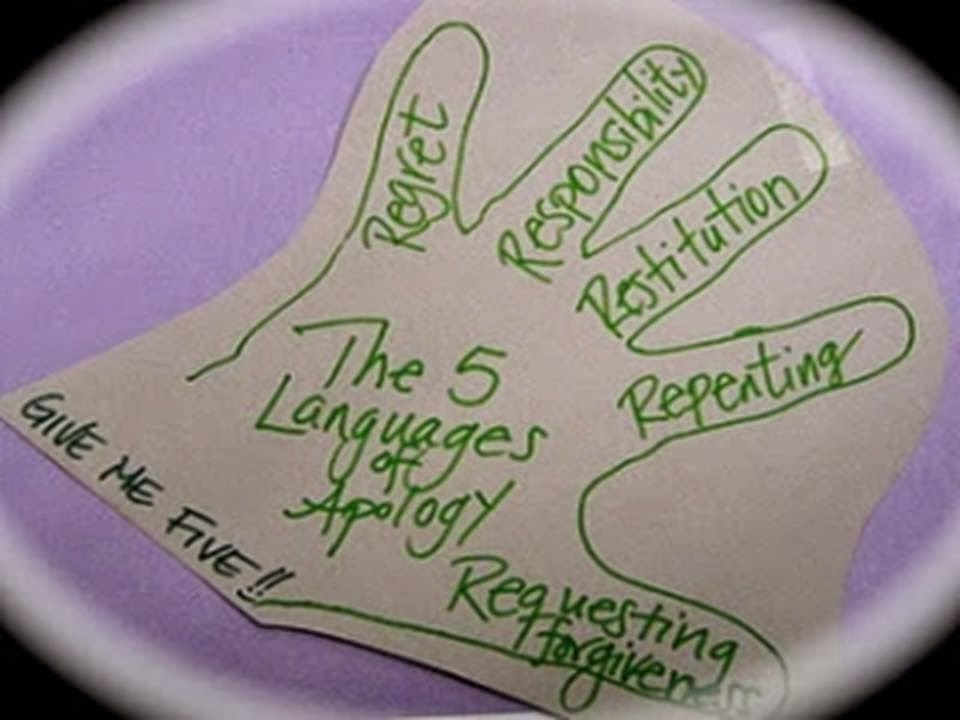Healing Hearts: The Art of Apologizing and Accepting Responsibility
This article delves into the importance of offering sincere apologies and taking responsibility for our actions, especially within our closest relationships. It explores the transformative power of genuine apologies in restoring trust, fostering forgiveness, and deepening emotional connections. The article provides practical tips on how to apologize effectively, emphasizing the importance of avoiding blame-shifting and embracing accountability. By mastering the art of saying sorry and accepting fault, we can nurture healthier relationships built on understanding, empathy, and growth.
Apologizing and accepting responsibility for our actions is a vital aspect of maintaining healthy and meaningful relationships. Yet, many of us struggle with acknowledging our faults and offering genuine apologies. This article delves into the art of saying sorry to our loved ones and accepting fault without blaming others. By understanding the transformative power of sincere apologies, we can nurture stronger connections, repair emotional wounds, and foster growth within ourselves and our relationships.
Recognize the Impact of Your Actions:
Start by acknowledging the impact your words or actions had on the other person. Reflect on the consequences and empathize with their feelings. Understanding the significance of your actions sets the foundation for a sincere apology. Remember Proverbs 14:21: “Whoever despises his neighbor is a sinner, but blessed is he who is generous to the poor.”
Take Ownership of Your Mistakes:
Accepting responsibility for your actions is crucial in offering a genuine apology. Avoid deflecting blame or making excuses. Admit your mistake, acknowledging that you were at fault. This demonstrates humility and a willingness to learn and grow. As 1 John 1:9 reminds us, “If we confess our sins, he is faithful and just to forgive us our sins and to cleanse us from all unrighteousness.”
Express Genuine Remorse:
Communicate your genuine remorse and regret for the hurt you caused. Use sincere and heartfelt language to convey your emotions. Avoid minimizing the other person’s feelings or offering insincere apologies. Show empathy and understanding as you express your remorse. Let them know that you genuinely care about their emotions and well-being.
Listen and Validate:
Allow the other person to express their feelings, concerns, and thoughts without interruption. Be an active listener, demonstrating genuine interest in their perspective. Validate their emotions and experiences, acknowledging the pain or hurt they may have felt. This validates their feelings and creates a safe space for open communication and healing.
Make Amends and Commit to Change:
Apologies become meaningful when they are accompanied by a sincere commitment to change and make amends. Discuss concrete steps you will take to rectify the situation and prevent similar mistakes in the future. Follow through on your commitments, demonstrating your dedication to personal growth and nurturing the relationship.
Apologizing and accepting fault for our actions is an essential part of building and maintaining healthy relationships. By understanding the transformative power of sincere apologies, we can mend emotional wounds, restore trust, and foster deeper connections. Through self-reflection, ownership of our mistakes, expressing genuine remorse, active listening, and making amends, we can nurture healthier and more fulfilling relationships. Remember, as we practice the art of saying sorry and accepting responsibility, we not only cultivate personal growth but also create a culture of understanding, empathy, and love within our relationships.
